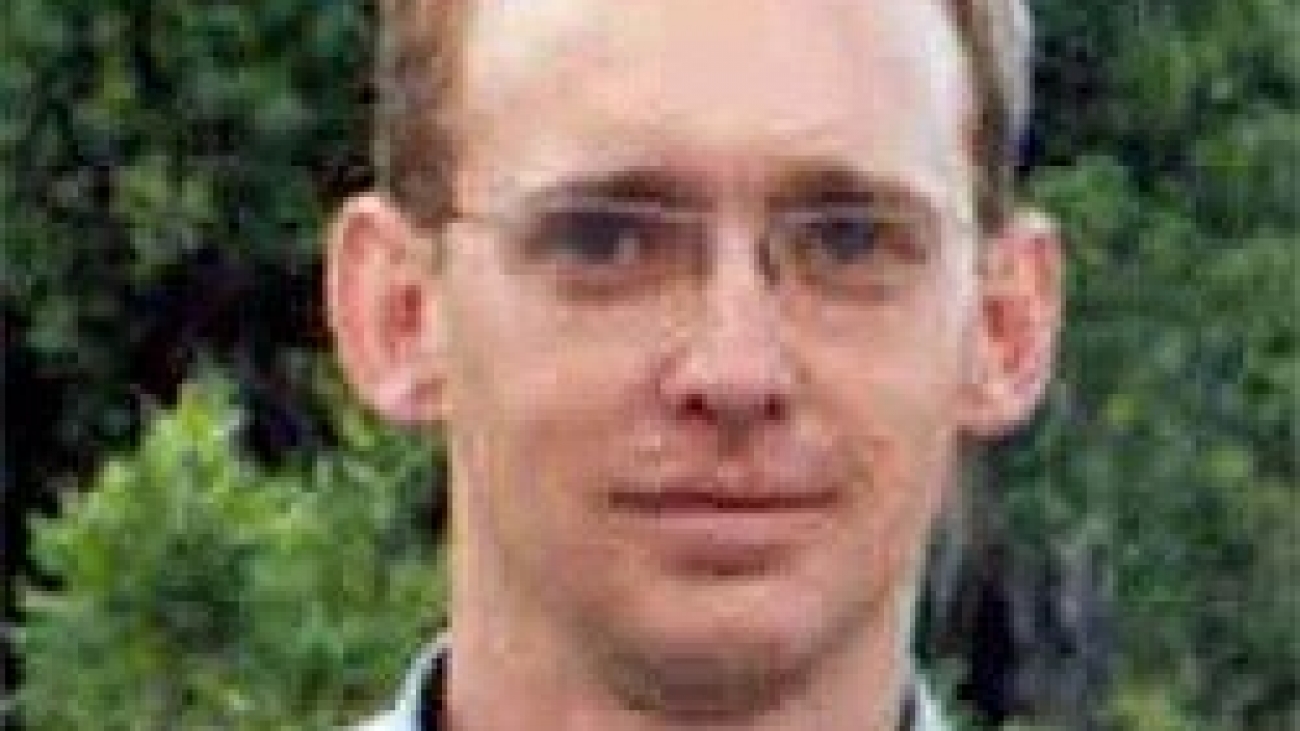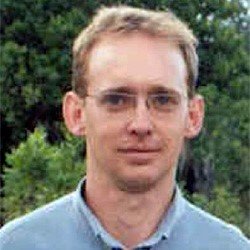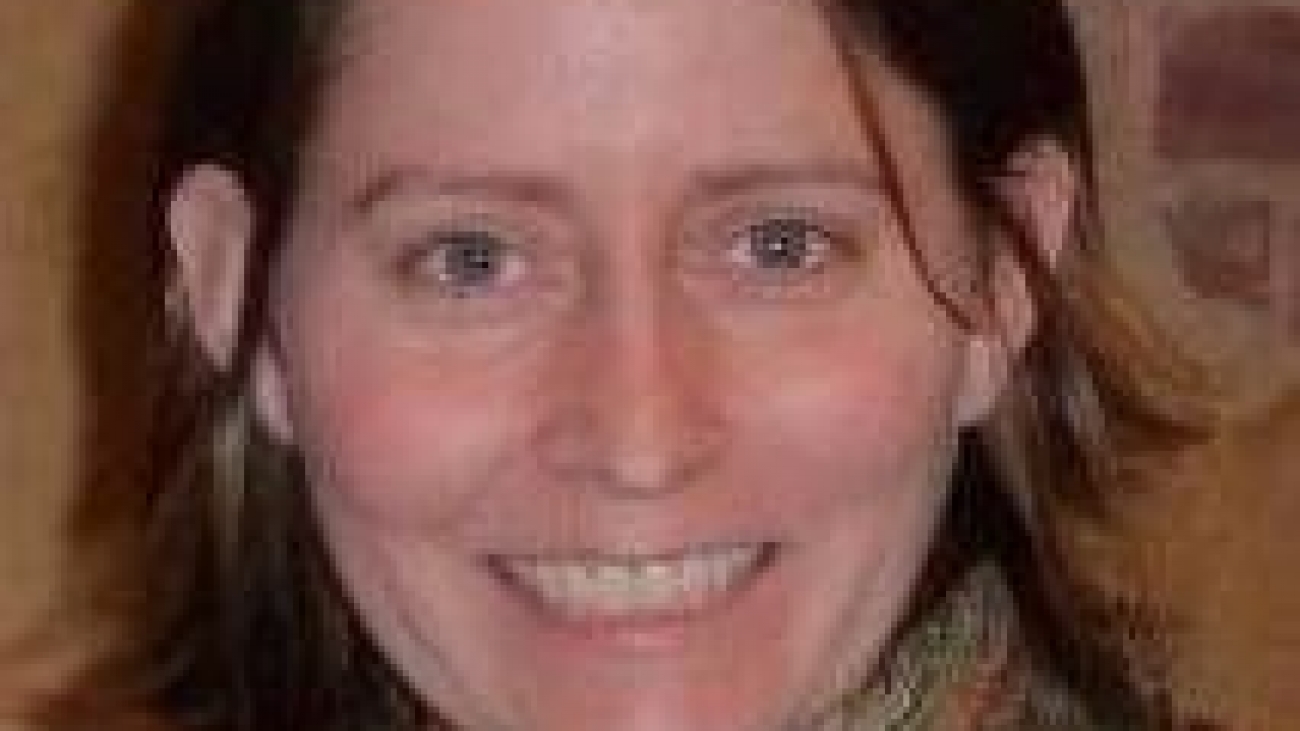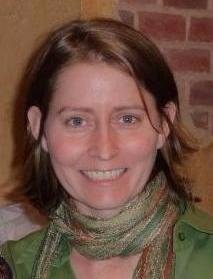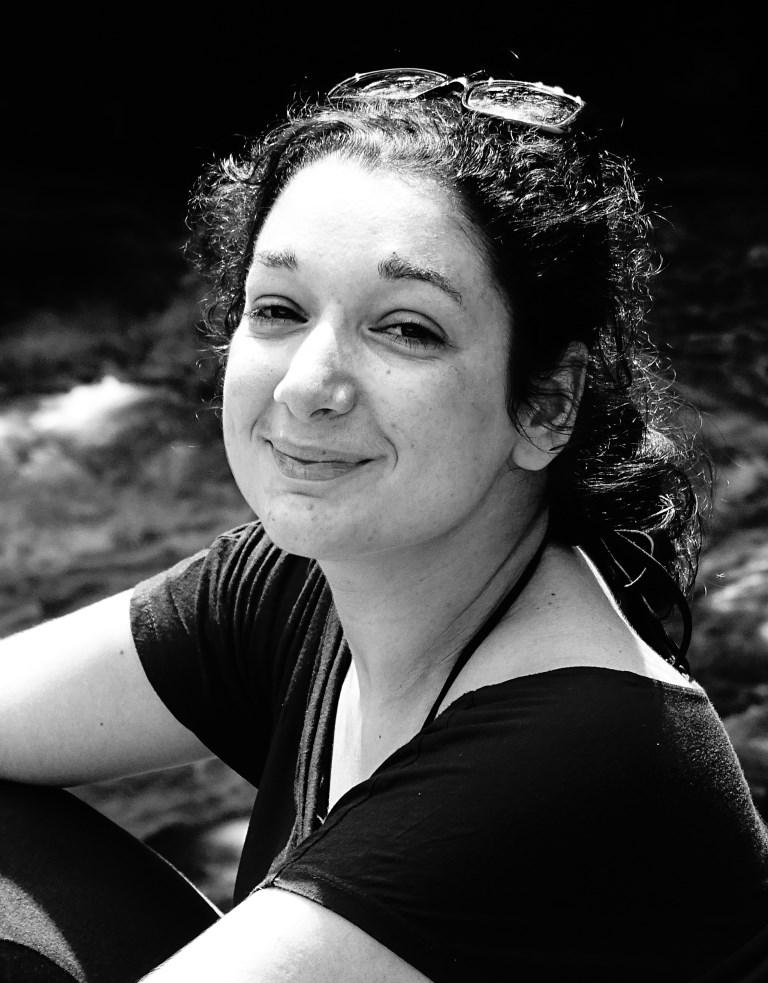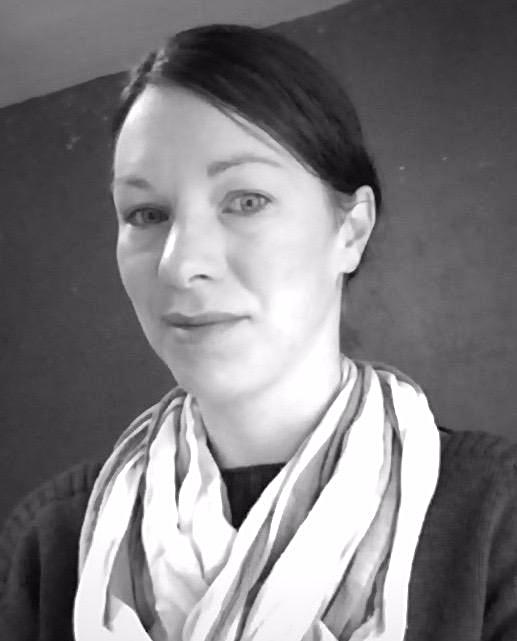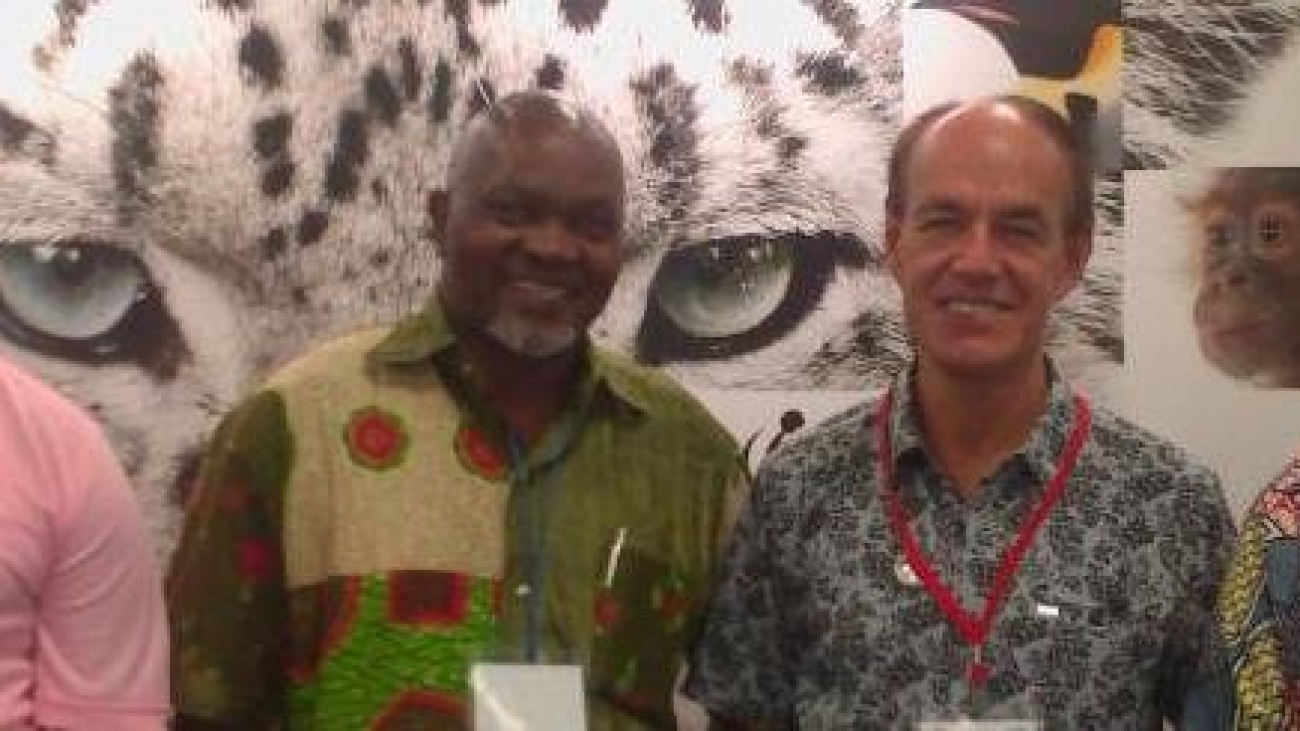Biodiversity conservation in the context of extractives is associated with the collapse of resource regimes, which occurs as a result of increased pressures on resources from new practices or people. It also can be credited to the political and economic insecurity that arises from criminality, patronage networks and generally from conflict/post-conflict conditions. USAID’s Political Economy Assessment (PEA) framework provides the structure for analyzing the power and politics behind resource conflicts across scales and sectors. This type of analysis can help understand not simply how the extractive industries impact conservation goals.
A panel discussion on September 20, 2016 presented case studies from Integra LLC, a USAID implementing partner, in collaboration with the USAID Bureaus for Africa; Democracy, Conflict and Humanitarian Assistance; and Economic Growth, the Environment, and Education to examine three examples of apparently intractable problems in biodiversity conservation linked to extractive industries. They were: Illegal artisanal gold mining in Kahuzi-Biéga National Park, DRC Land use and oil and gas development in the Albertine region of Uganda Unsustainable fishing pressure in coastal Madagascar.
Event Resources
Click here for presentation slides>
Biographies
Moderator: Brooke Stearns Lawson, Senior Conflict and Crime Advisor, USAID Bureau for Africa. Brooke focuses on transnational organized crime, political economy assessment, conflict, and non-state armed groups such as the Lord’s Resistance Army. Previously Brooke worked at RAND focusing on the intersection of development and security. Her PhD is in policy analysis from the Pardee RAND Graduate School and she has a masters degree in international relations from Institut d’Etudes Politiques (Sciences Po).
Intrduction by Julie Koenen, Director of USAID Africa Bureau’s Office of Sustainable Development. Before joining Africa Bureau, Julie she was Deputy Mission Director for USAID/Nigeria, where she helped coordinate U.S. humanitarian, development, law enforcement and military assistance to support Nigeria’s response to the Boko Haram insurgency. She has also served tours in USAID/Colombia, Pakistan, Iraq, and for three years was USAID’s Country Program Manager in Sierra Leone. Prior to joining USAID, she worked 11 years as senior project director for MSI. Her graduate studies were in Public Management.
Panelists
Claudia D’Andrea, Team Leader for the Biodiversity an Extractives Political Economy Assessment (BEP) Project implemented by Integra LLC. Claudia is a natural resource policy analyst with expertise in PEA, customary property rights, land management, and watershed management issues. She received her PhD from the University of California, Berkeley in Environmental Science, Policy and Management.
Hadas Kushnir, Biodiversity and Natural Resources Advisor, USAID/E3/FAB. Hadas works on the intersection between biodiversity and food security, climate change, health, and democracy and governance. This work builds on her experience in USAID’s Africa Bureau as well as two years overseas at USAID/Uganda developing their climate change adaptation portfolio. She completed her PhD in Conservation Biology at the University of Minnesota where she conducted research on human-lion conflict in rural communities in Southeastern Tanzania.
Kyle Rearick, Climate Change and Governance Advisor, USAID/DCHA/DRG. Kyle supports the management and design of DCHA’s Global Climate Change (GCC) Adaptation portfolio, providing Mission support related to the GCC portfolio, supporting the DRG integration agenda including PEA support. He holds a Ph.D. in Sociology from the University of Wisconsin and an M.S. in Natural Resource Policy and Behavior from the University of Michigan.

